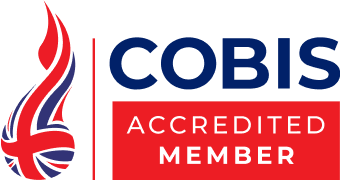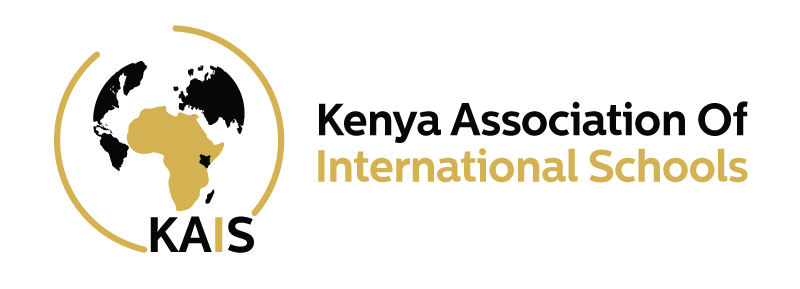School Life
- Home
- »
- School Life
Little Durham – Ages 1 to 2
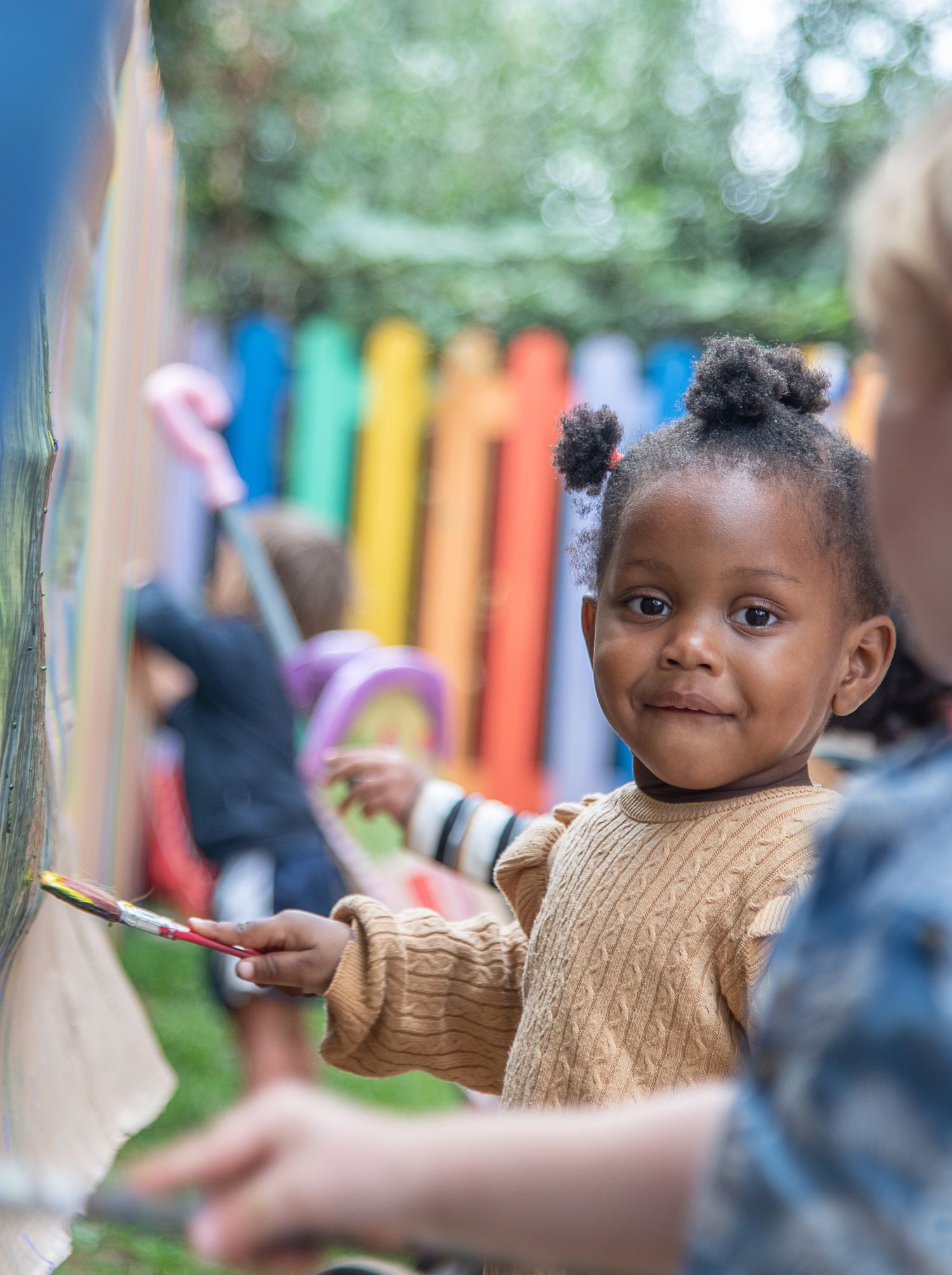
Little Durham offers children ages 1 to 2 years old a safe, happy and nurturing start to their school journey. Children enjoy fun, age-appropriate activities led by our caring teachers in an environment that feels like a home away from home.
Little Durham sets the stage for lifelong learning by encouraging the development of positive educational and social skills that children will master as they grow. Children enjoy an interesting, varied schedule that focuses on play and socialisation, but still introduces learning and development principles, and provides a seamless transition into Durham International School.
Playgroup – Ages 2 to 3
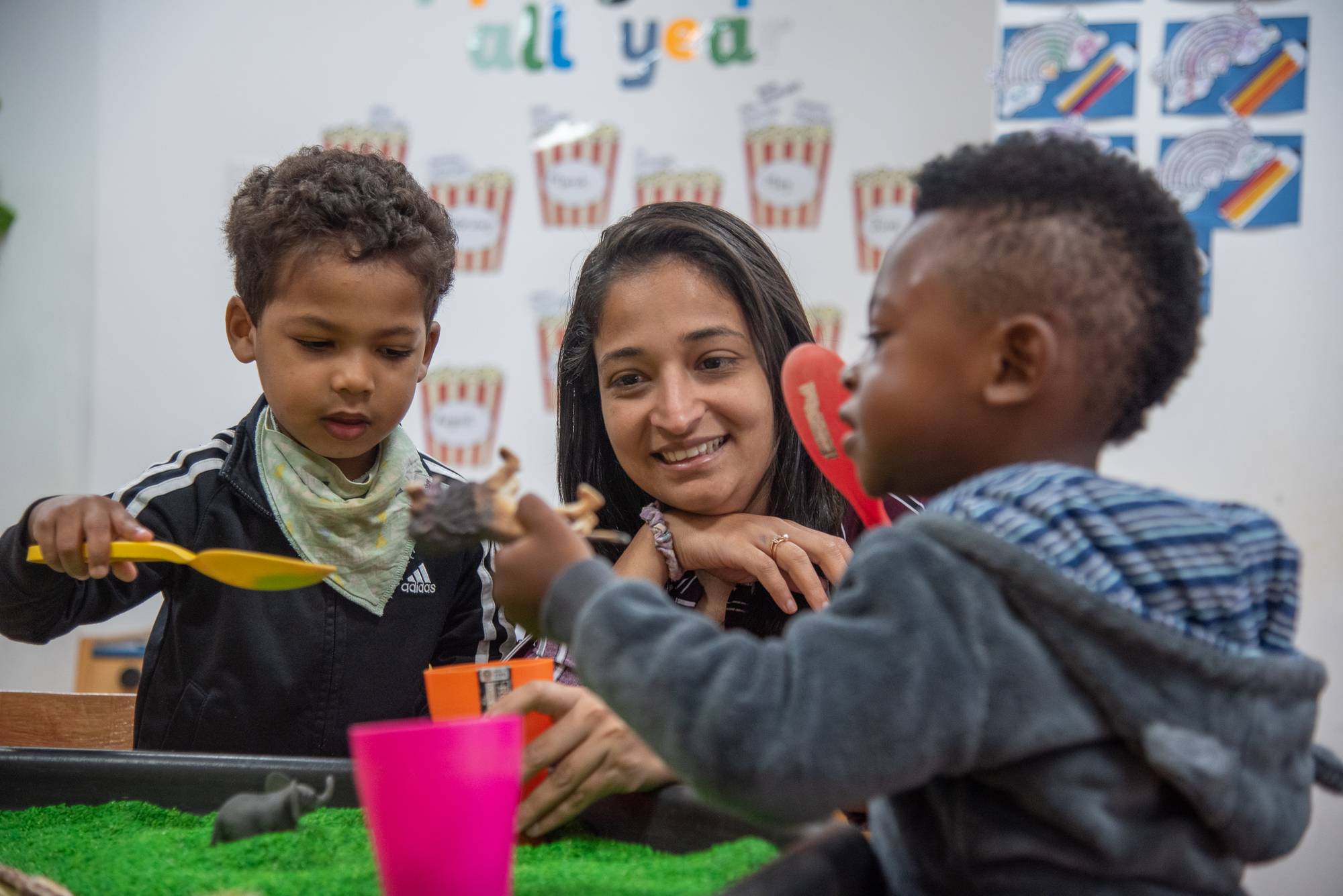
Playgroup is your child’s first introduction to formal school, and the beginning of their Durham educational journey. It is a precious time of exploring the world around them, making friends and becoming more independent. Our Playgroup classrooms are bright, lively and welcoming environments, with well-qualified staff ready to greet and support your child on arrival.
Social interactions form the basis of children’s learning in Playgroup and children receive nurturing support as they develop new friendships and interact with peers and adults. Teachers encourage children to expand their developing confidence and skills through play, movement, dancing, singing, acting, role playing and stories. Children engage in a variety of activities, to ‘have a go,’ and test out new ideas.
Focused play areas and activities target a specific skill development, like role play to encourage talk and communication, crafts to build fine motor skills, and pattern building to lay the foundations for mathematics.
The Playgroup classrooms provide a rich literary environment, with books, story-telling, singing songs, and reciting rhymes to ignite early reading skills. Children have free access to paint, chalk, sand, and water play, and the use of a variety of malleable materials, such as clay, corn flour, wet soil and sloppy sand, which engages them in exciting tactile and sensory experiences that are paramount in their early development.
Foundation Stage 1 – Ages 3 to 4
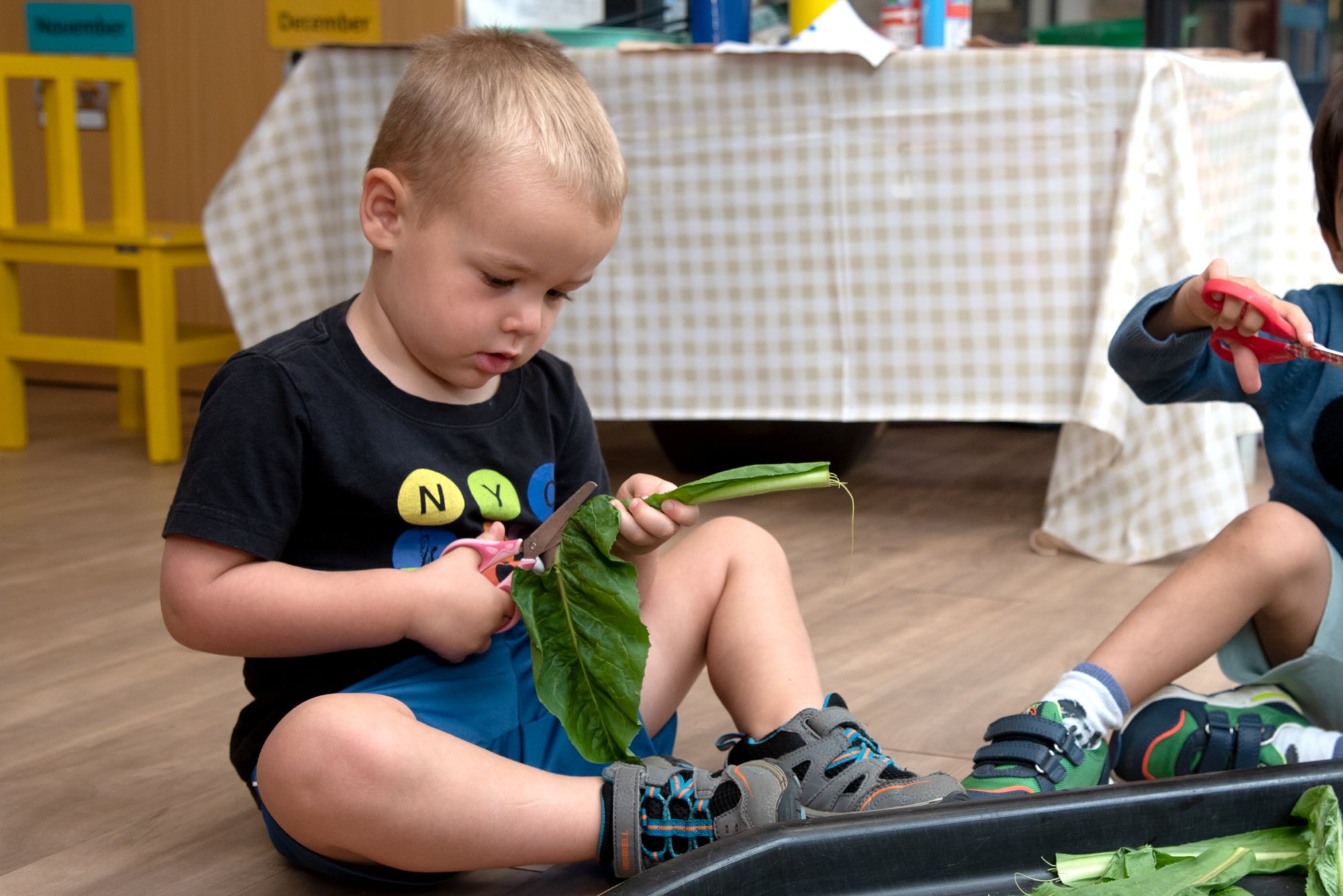
FS1 is an exciting year at Durham Kenya, where we emphasise exploratory self-directed learning rooted in meaningful play. Children in FS1 have the time and space to explore, to investigate, question, collaborate and play out all the experiences that underpin lifelong learning. Students learn actively though a balance of child-initiated and teacher-led activities which are specifically designed for social, physical, cognitive and emotional development.
The school day comprises fun-filled activities including arts & crafts, construction, and small world play. Playing with blocks, jigsaws, and shape sorters lay the foundations of spatial thinking, logical reasoning, ordering, and recognising various shapes, sizes, and colours. Children are immersed in a language rich environment of speaking and listening, reading and writing to develop their early literacy skills. Awareness of individual sounds and a love of listening to and telling stories is fostered through daily activities and the book corner. Teachers provide children plenty of opportunities to use their emerging reading and writing skills in meaningful ways, like the provision of mark making opportunities to create menus, recipes, lists and signs.
Children are encouraged to explore numbers and patterns in creative ways, and through sensory play the building blocks of science and investigation are ignited. FS1 classes move freely between indoor and outside learning spaces and children are in constant interaction with their environment, manipulating objects, making predictions and asking questions. Active learning through scooping, digging, pouring and sifting in sand and water play give children the opportunity to independently explore how things work, developing the foundations of problem solving and critical thinking skills. Through role-play children are encouraged to extend their imagination, make believe, and create stories together. Role play helps children begin to make sense of the roles of people around them as well as boosting social interaction.
Children are encouraged to develop social skills such as listening, discussing and interacting with friends. Starting to learn to do things for oneself, such as washing hands, encourages independence and develops confidence in children in FS1.
Foundation Stage 2 – Ages 4 to 5
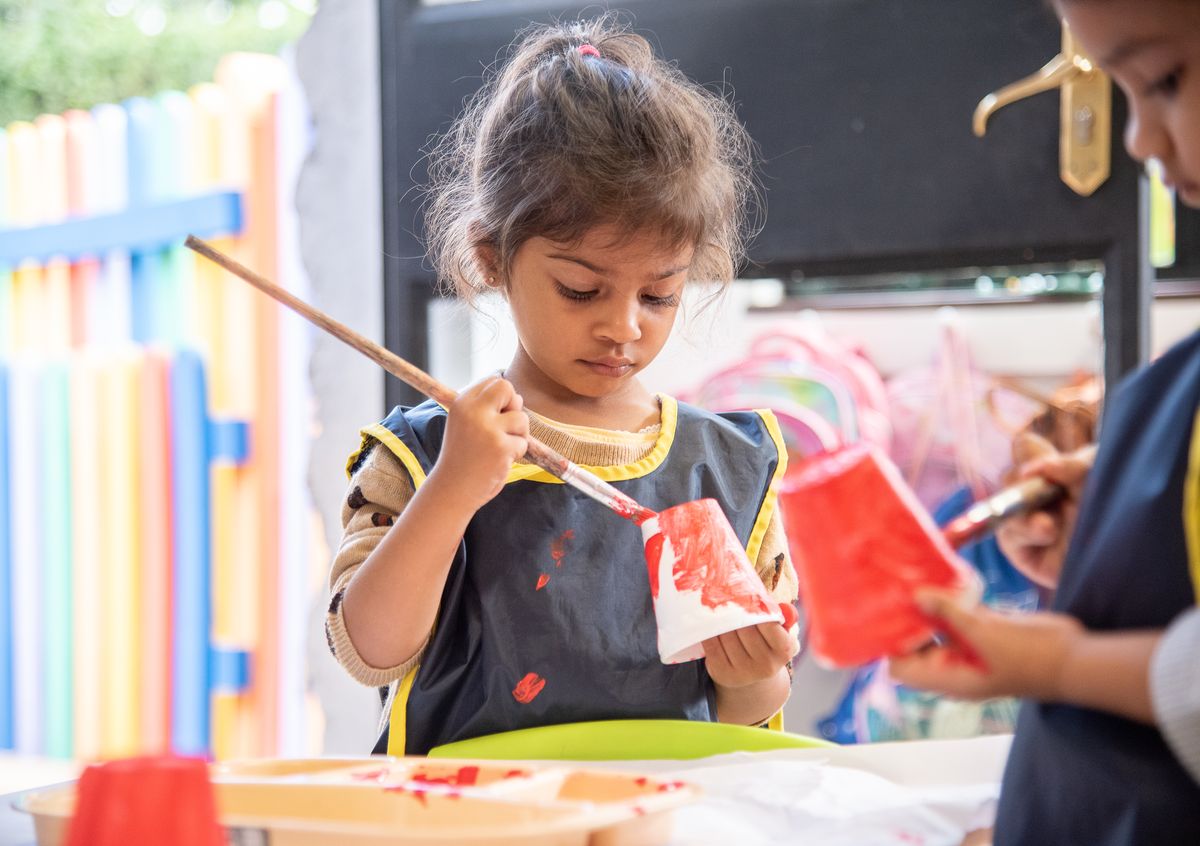
Children arrive in FS2 eager to take on the increased challenges of specific, content-led areas of our wider curriculum. Our teachers create structured activities, ensuring that FS2 is a vibrant and stimulating environment that challenges and engages each child. Learning to read and write, and mathematics are key elements of the FS2 curriculum, which builds on the rich early literacy and mathematical reasoning experiences of FS1. Teaching occurs through a balance of whole-class interactive teaching, small-group activities, partner work and play.
Reading and writing are taught through a systematic and structured approach, building children’s phonic knowledge and skills explicitly, and teaching spelling and handwriting directly. Spoken language, vocabulary development and listening comprehension are embedded into all aspects of their work.
We use a range of practical applications to encourage children’s understanding and fluency in counting, numbers, quantities, comparisons and problem solving. These hands-on activities help students develop mathematical understanding, and deepen children’s core understanding of the reasoning behind the concept they are learning about.
Through scientific investigation, children in FS2 explore and experiment. Teachers encourage inquiry, spurring children to ask why things happen and how they work, as well as what they think will happen next.
Key Stage 1 - Ages 5 To 7
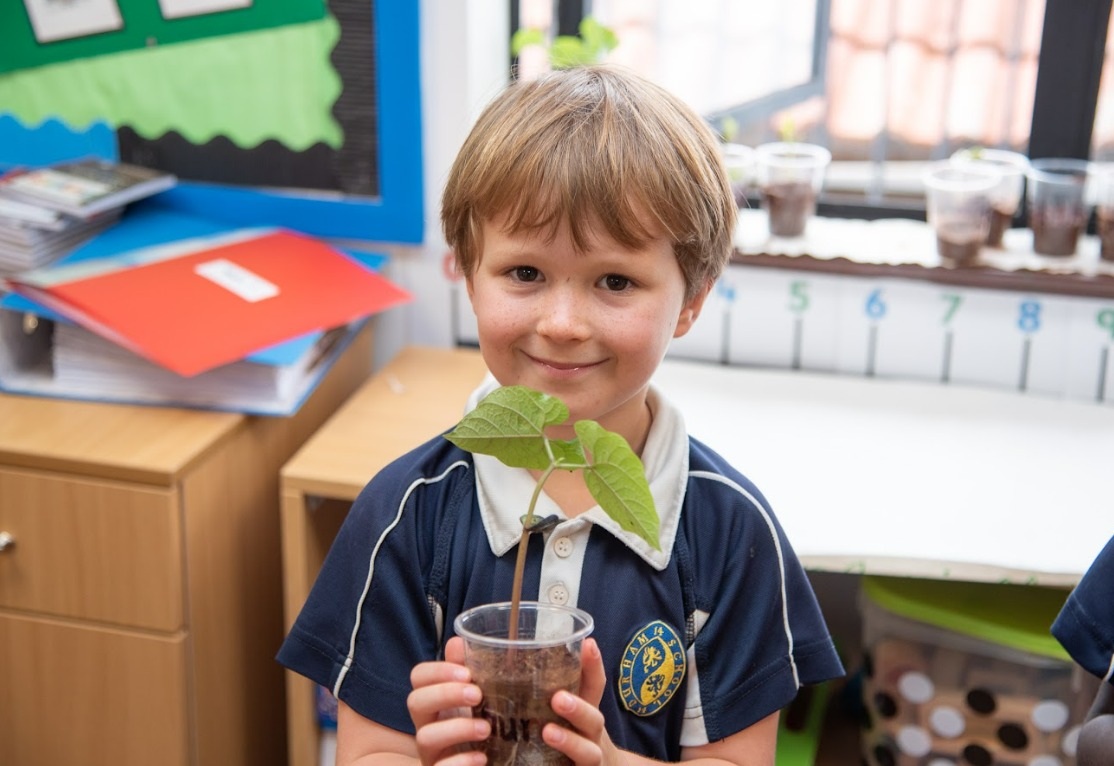
We believe that it is essential that children have a good grounding in the basics and we concentrate on the teaching of reading, including a daily phonics programme, developing writing skills and vocabulary and increasing familiarity and confidence with numbers.
At the end of the Early Years foundation Stage, pupils move seamlessly into Key Stage One (KS1) which comprises Year 1 and Year 2. Key Stage 1 is a two-year phase, covering the 5 to 7 years age range.
A more formal approach to lessons begins in Key Stage 1, although a lot of the learning is still taught through play, especially in Year 1. Building on the child-centred foundations set in the Pre-Prep years, the journey through Key Stage 1 at Durham is a time of nurturing individuality, of opening young minds to endless possibilities, and of encouraging pupils to think creatively and form their own ideas – all while having fun. Our core values of honesty, perseverance, respect and kindness, together with a strong sense of community across the Pre-Prep and Prep School years, is at the heart of a Durham Kenya education, ensuring continuity and consistency across all areas of learning and development.
Key Stage 2 - Ages 7 To 11

Key Stage 2 (KS2) is a four-year phase covering the 7-11 years age range.
Key Stage 2 purposefully focuses on equipping all students with a breadth and depth of knowledge and experience to engage them, foster their strengths and challenge each individual student to be the very best that they can be. Learning builds on prior knowledge as students are engaged in experiences to apply their ideas, generate new possibilities and make decisions, as well as to plan, monitor and evaluate their progress as they build on their skills and understanding.
Initiative, curiosity and risk-taking are encouraged as students become more independent and they take greater responsibility for their words and actions. Through a range of experiences, students are encouraged to experiment with ideas, learn from mistakes, work collaboratively and become more self-directed in their learning. Students’ self-esteem and self-confidence are explicitly fostered along with their ability to manage their own emotions and interact effectively with others to enhance their own learning.
School Life




